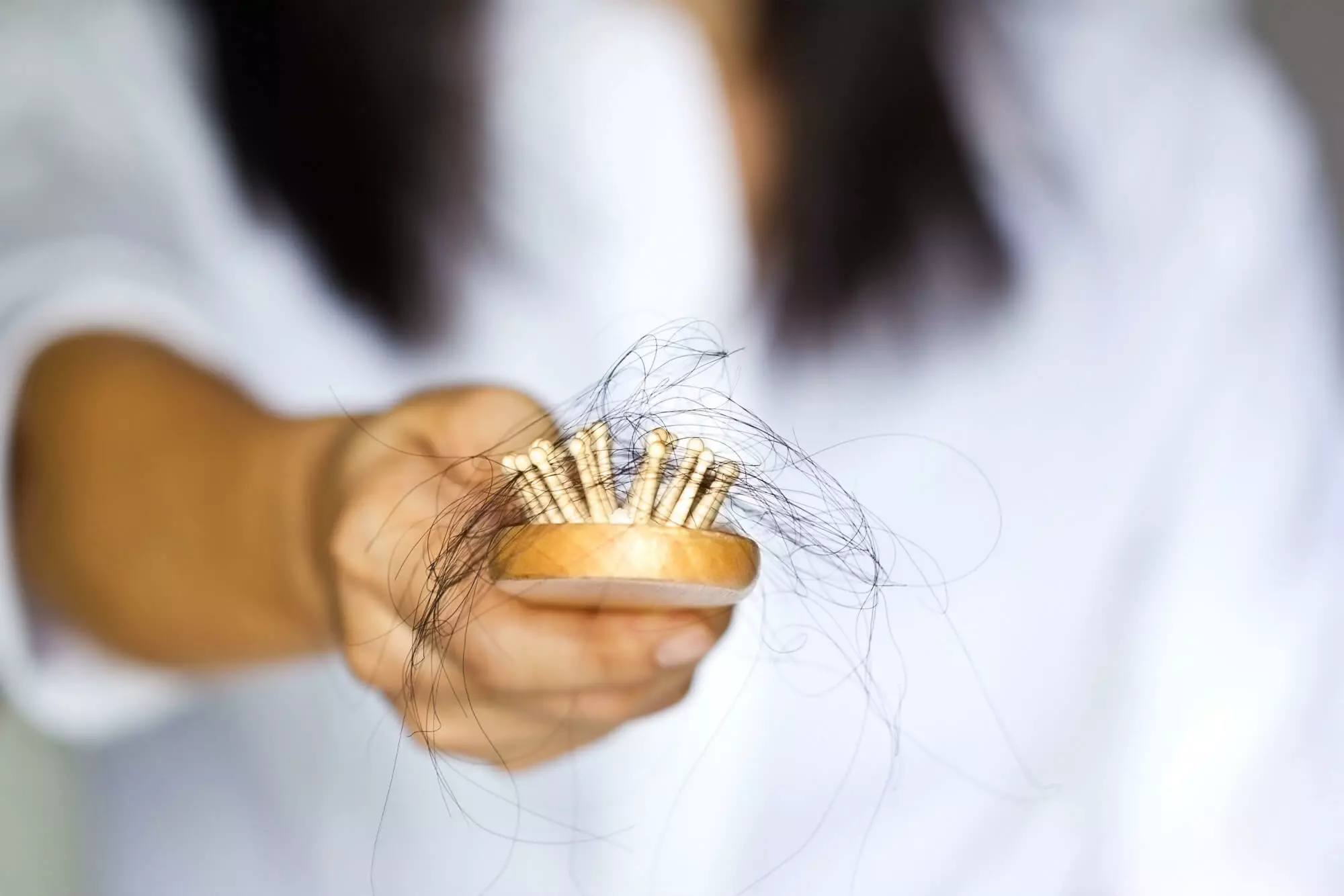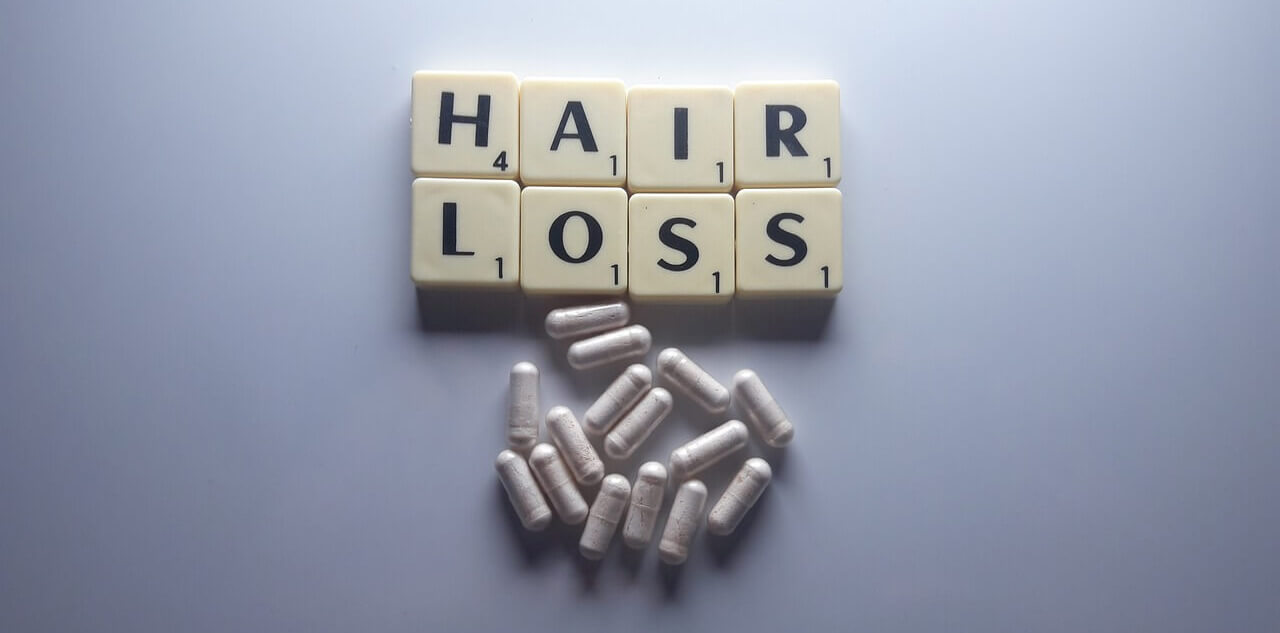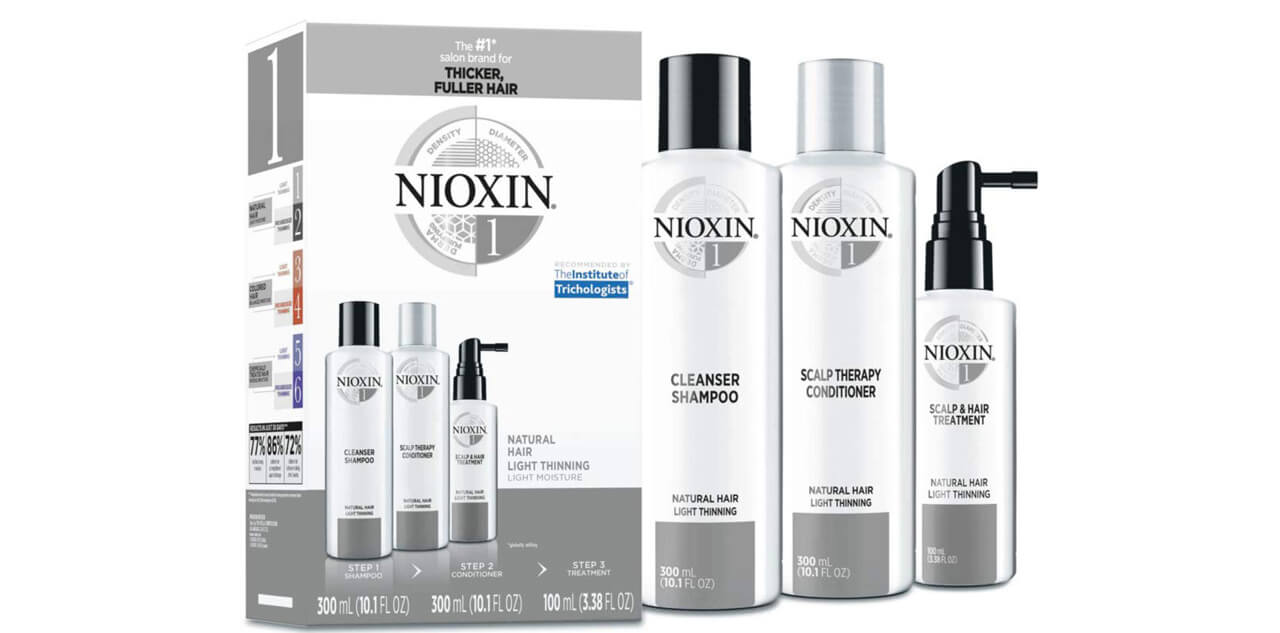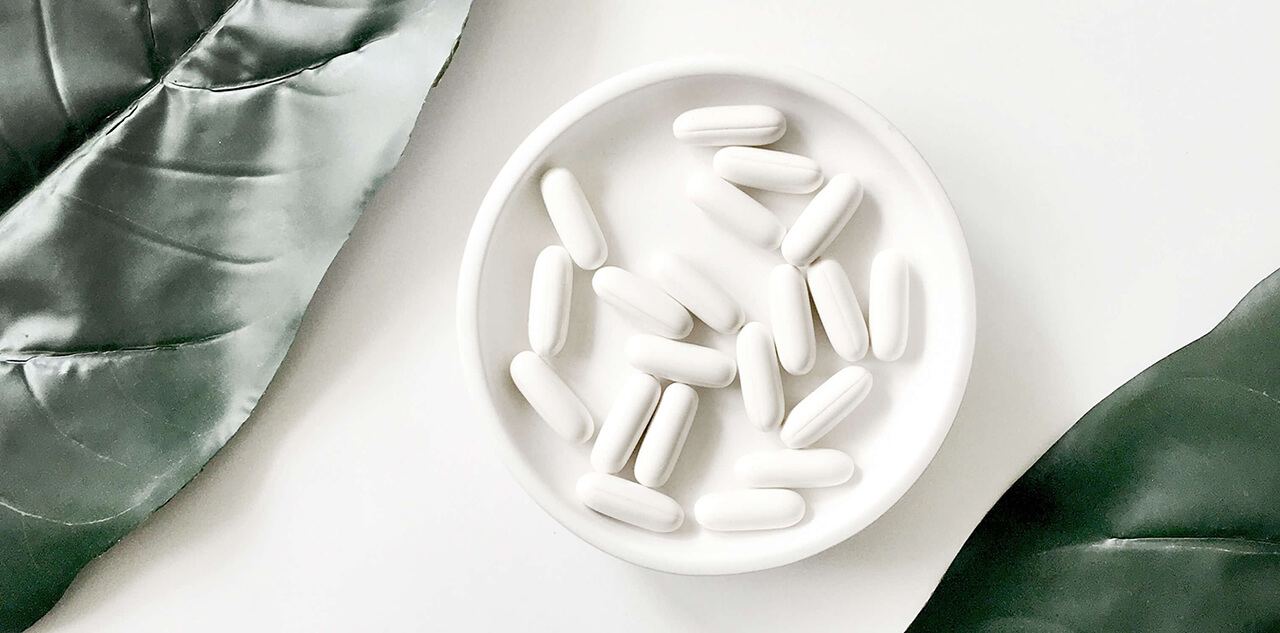Do you know all the side effects of your medication? Do they include hair loss?
Drug-induced alopecia is more common than you might think. The risk depends both on the drug itself as well as your reaction to it.
Some cause hair loss in most people while others only result in hair thinning in a small group of patients.
Are you starting to see your hair thinning and you think it’s the result of a prescription drug?
Here’s how to stop hair loss due to medication.
What Medications Cause Hair Loss?
An incredible number of medications include hair loss as a common side effect. These can include drugs from the following categories:
- Acne drugs
- Anticoagulants
- Antifungals
- Cholesterol
- Depression
- Epilepsy
- Glaucoma
- Heart/high blood pressure
- Hormones
- Inflammation
- Parkinson’s
- Thyroid
- Ulcer
If you’re worried about a medication potentially causing you to lose your hair, then you should talk to your doctor about your concerns before beginning the course of medication.
How to Stop Hair Loss Due to Medication
In cases where you want to stop hair loss due to medication, then your best option is likely to stop taking the medication. Your doctor may also advise you to try a different medication.
However, in some cases, you don’t have the option of not taking the medication responsible for your thinning hair.
Maybe it is the only one that works for your particular symptoms or perhaps you might be allergic to the alternatives.
As a result, it’s important not to stop taking a medication or switching your medication without first talking to your doctor.
Fortunately, there are some other things you can do to preserve your hair in the meantime.
Eat More Fatty Acids
Fatty acids are essential compounds that your body uses for all types of functions, but they’re particularly well-known for stimulating hair growth.
Eating more fatty acids can:
- Improve hair growth
- Strengthen your hair
- Keep your hair follicles healthy
Some of the best sources of fatty acids come from oily fish, like mackerel. But you don’t our health.need to start eating fish for breakfast, lunch, and dinner to protect your hair.
Fish oil supplements are a popular way to get the extra fatty acids in, and the supplements also contain other essential vitamins to help with your health.
You might question supplements for hair growth because there are a lot of miracle cures out there and the FDA doesn’t regulate supplements or their claims.
However, independent scientific studies have found that in one case, mackerel-derived fermented fish oil (and a component docosahexaenoic acid DHC)) improved the hair growth in a sample group of patients by increasing the length of their hair and by stimulating the hair growth phase of the hair cycle.
Try Minoxidil (for Men and Women)
Minoxidil is a solution that treats male pattern baldness (or hair loss). It counteracts the loss of your hair in patches around your scalp: it’s not something used to deal with a receding hairline or baldness at the front of your scalp.
The treatment is a topical one (usually a foam or oil), and you apply it to your hair after washing it.
Minoxidil does work, but it’s not a miracle drug. Most people find they need to use the medication for at least four months before they see any substantial regrowth or slowing of hair loss.
If it doesn’t work after four to six months, then it probably won’t work for your type of baldness.
Because scientists aren’t sure what part of the hair cycle Minoxidil triggers, it’s hard to say how it interacts with hair loss caused by medication and not a genetic condition like male pattern baldness.
Use a Biotin Shampoo
If you have a sensitive scalp, you can also try a biotin infused shampoo. Biotin is actually a B-complex vitamin that your body produces naturally. It’s also used in beauty products for healthy skin and hair.
A biotin shampoo isn’t likely to help you regrow hair you lost: if it’s caused by medication, then it’s likely that only stopping your medication can do that.
However, it can do things to help the rest of your hair. Biotin strengthens your hair and protects it from damaged caused by heat or the elements.
It can also encourage your hair to grow: many people who use biotin products do so to help their hair grow longer faster.
Biotin shampoos can also protect your hair follicles and by removing dead skin and reducing inflammation, which also encourages hair to grow.
How Long Will It Take for Your Hair to Grow Back?
If your hair loss is solely-medicine induced, then your hair should start to return around three months after you stop taking the medication.
You may not see more substantial growth until around six months. Depending on your age, medication, and the extent of the hair loss, you may not see your hair return to normal until 12-18 months after you stop your medication.
Your hair should grow back on its own, but you can also encourage it by using the tips listed above (eating a balanced diet, using hair growth products, etc.).
Do You Know the Side Effects of Your Medication?
A shocking number of common prescription drugs come with the side effect of hair loss. Everything from Accutane for acne to essential drugs that help you manage your cholesterol can cause your hair to fall out. Fortunately, these side effects don’t happen to everyone.
It’s your individual body’s response to the medication rather than a hard and fast rule, but that doesn’t make you feel much better when you have a clump of hair in your hand.
If you’re wondering how to stop hair loss due to medication, the answer is usually to stop taking the medication. However, you should never do this without first talking to your doctor about your experiences with hair loss as a side effect of taking the medication.
Do you have experience with stopping hair loss caused by medication? Share your stories in the comments below.




